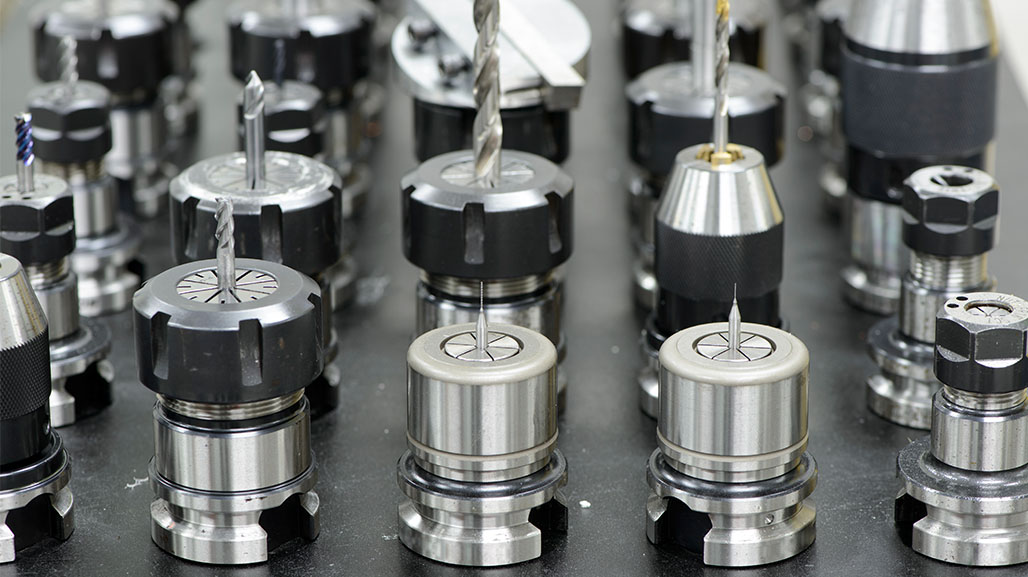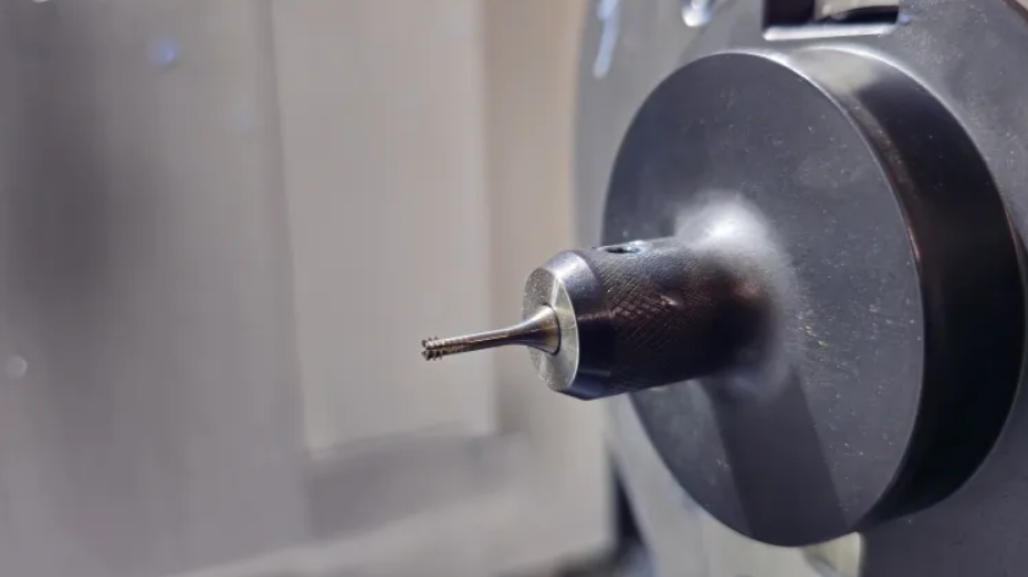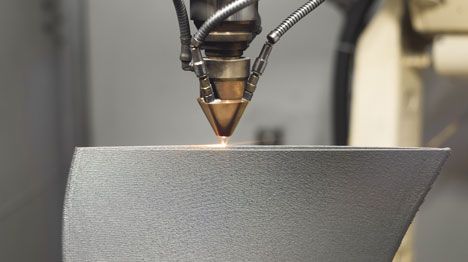The global push to curb use of fossil fuels isn’t excluding industrial lubricants: Many environmentally friendlier varieties, some of them made from vegetable oil, have come on the market in recent years.
While it’s hard to beat the performance of older petroleum-based cutting fluids with sulfur, chlorine and other extreme-pressure (EP) compounds that have a lower price tag than the newer alternatives, the bio-based lubricants promise to be just as effective.
Many manufacturers facing pressure to make their operations more sustainable are insisting on them, in fact, aware that the higher upfront expense is easily made up for when it’s time to dispose of the products.
Cleaning Up Fluid Spills
“Large numbers of shops in the U.S. are developing a more environmentally friendly approach to doing business,” says Joe Snyder of Master Fluid Solutions in Perrysburg, Ohio. “I’d say most of these are located in the Western and Northern states, but others are coming along too. They’re concerned about cleaning up petroleum-based fluids after a spill, along with the possibility of them getting into the water supply.”
Snyder should know. As the principal scientist at Master Fluid Solutions, he helped lead the team responsible for development of the company’s TRIM HyperSol 888NXT machining fluid, a project that required many years to complete.
Water-soluble HyperSol—which the company says provides “exceptional performance” on metals such as titanium, stainless steels, Inconel and other nickel-based alloys—also promises the lubricity needed when machining soft, gummy materials like aluminum.
Bio-based fluids are “pretty much the same” as other varieties from a maintenance perspective but they are easier (and less expensive) to dispose of than those containing petroleum-based substances, Snyder says.
Plant-Based Ingredients
That’s good news for any shop that turns, mills and drills parts made from nickel-based alloys.
Tim Stiers, engineering manager for Castrol, a division of BP America, offers similarly welcome news, at least for those who prefer neat oil over water-based cutting fluids.
“We have a complete line of cutting oils under the Performance Bio brand,” he says. “For the most part, these vary by viscosity since different applications require lighter or heavier oils. We also have one with higher EP levels for increased cutting performance in difficult materials.”
Stiers is quick to point out that in this context, the term “extreme pressure” does not fit the conventional definition.
Castrol’s website clearly states that its line of more sustainable products is free of chlorine, boron, formaldehyde, heavy metals and secondary amines. That statement also covers the company’s hydraulic oils and way lubricants.
“These also fall under that same Performance Bio brand,” Stiers says. “This simplifies the purchasing process, but it also means they are compatible with one another, so you don’t have to worry about contaminating your plant-based cutting fluid, for example, with a petroleum-based way oil. It’s a symbiotic relationship.”
So what are the super-plants that allow machinists to cut away chunks of steel and Inconel with ease?
“It varies: Canola oil is one of the most prevalent, but soybean is also common,” Stiers says.
Snyder concurs, adding that HyperSol is primarily made of rapeseed, the yellow flowering plant of the mustard family used in canola oil.
Fluid Lubricity, Flash Point and Polar Attraction
Both experts note that the plant materials “are not necessarily the same thing you’ll find in your kitchen cabinet” and are highly refined to provide the best oxidation resistance and other attributes important to industry users. These include:
Superior Lubricity: Bio-based lubricants and cutting fluids generally have a lower coefficient of friction than those made from petroleum. During metal-cutting operations, that helps to reduce friction, extending tool life and improving part surface finish. It also reduces the need for the sulfur and chlorine EP compounds discussed earlier, many of which are associated with health problems such as dermatitis and irritation of the lungs and eyes.
Higher Flash Point: No one wants a CNC lathe or mill to catch fire, and that becomes much less likely (though not impossible) when cutting fluids are bio-based. Such fluids often have a flash point (the temperature at which they can ignite) roughly twice that of their petroleum-based cousins. A higher flash point also means less smoke and fewer harmful vapors are emitted during machining.
Polar Attraction: Lubricants with a strong polar attraction adhere more effectively to metal surfaces, ensuring better lubrication between moving parts, an attribute that is crucial for reducing wear and extending the life span of machinery and components. The resulting film remains effective even under the high pressure and shear conditions common in heavy-duty machinery and high-speed manufacturing operations.
Cold Temperature Performance: Earthmoving machinery and mining equipment are often used in very cold environments, an area where petroleum-based hydraulic fluids have long had the upper hand, since fluids made from vegetable oils contain natural waxes that tend to thicken as the temperature falls. Thanks to the work of scientists like Master Fluid Solutions’ Snyder, however, the tables are turning in bio-based lubricants’ favor.
And that point brings up another consideration: oxidation resistance. As Castrol’s Stiers explains, oils tend to break down—or oxidize—when subjected to very high temperatures for extended periods of time, which is why most hydraulic systems are equipped with cooling units.
Here again, petroleum-based fluids have a slightly better track record, although newer bio-based alternatives are coming close in terms of performance and longevity.
“A lot of people ask about biodegradability and would like to use more earth-friendly products, but the fact is that most of these fluids aren’t going to end up in the ground or affect our water supplies,” Stiers says. “This is more of a concern with heavy-duty equipment used outdoors, where a leak can lead to these sorts of problems, although for machine shops and most manufacturers, the push is more about their carbon footprint—they want to get away from traditional mineral oils and move to these plant-based solutions. Overall, I think that’s a good thing.”






